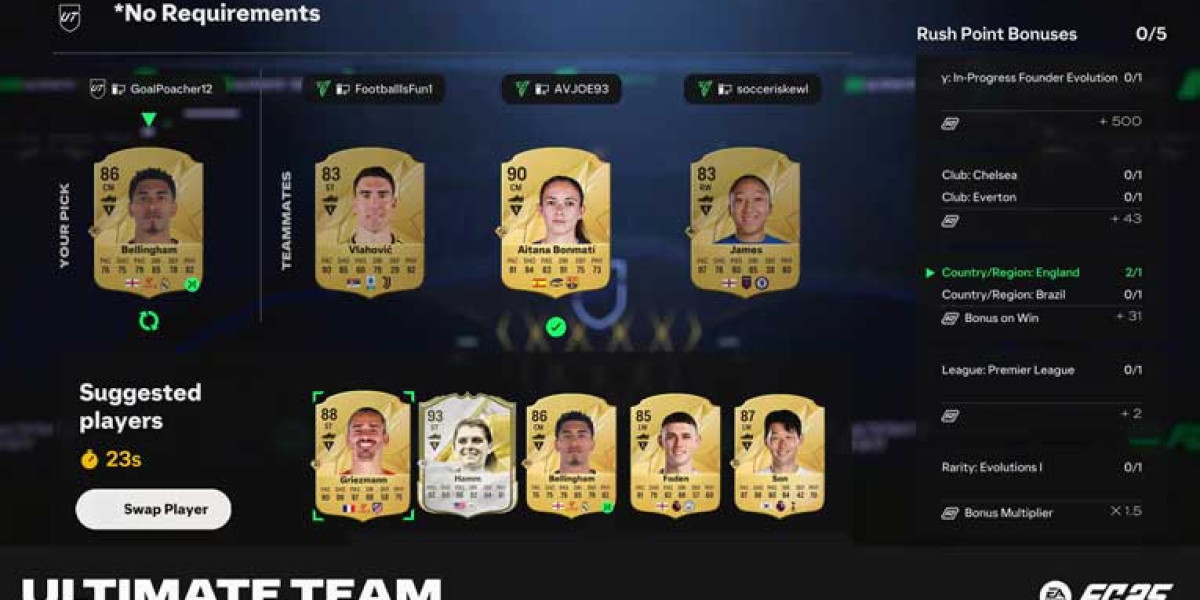In today’s fast-paced world, many individuals are seeking effective ways to manage stress, anxiety, and emotional challenges. Therapy can be a powerful tool for personal growth and healing, and there are various approaches available to suit different needs. This guide will explore three popular therapy options: holistic therapy, cognitive-behavioral therapy (CBT), and teen therapy. We’ll also provide tips on how to find the right therapist for burnout or other challenges, as well as answer some common questions about these therapeutic approaches.
Understanding Holistic Therapy
Holistic therapy is an integrative approach that considers the whole person—mind, body, and spirit. This type of therapy recognizes that emotional and physical health are interconnected and that addressing one aspect can positively impact the others. Holistic therapists therapists for health anxiety use a variety of techniques, including mindfulness, meditation, yoga, and nutritional counseling, to promote overall well-being.
Benefits of Holistic Therapy
- Comprehensive Approach: Holistic therapy addresses multiple facets of a person’s life, allowing for a more thorough understanding of their challenges.
- Personalized Treatment: Therapists tailor their approaches to meet the unique needs of each individual, which can lead to more effective outcomes.
- Focus on Self-Care: Holistic therapy encourages individuals to adopt self-care practices that promote mental and physical health.
When to Seek Holistic Therapy
If you’re feeling overwhelmed, burned out, or disconnected from yourself, searching for a holistic therapist near you can be a great first step. This approach can help you reconnect with your inner self and develop healthier coping mechanisms.
Exploring Cognitive-Behavioral Therapy (CBT)
Cognitive-behavioral therapy (CBT) is a structured, goal-oriented approach that focuses on identifying and changing negative thought patterns and behaviors. CBT is based on the premise that our thoughts influence our feelings and actions. By addressing these thoughts, individuals can learn to manage their emotions and improve their overall mental health.
Benefits of CBT
- Evidence-Based: CBT is backed by extensive research and has been shown to be effective for various mental health issues, including anxiety, depression, and stress.
- Skill Development: CBT equips individuals with practical skills and strategies to cope with challenges, making it a valuable tool for long-term mental health.
- Short-Term Treatment: Many people experience significant improvements in a relatively short period, often within 12 to 20 sessions.
When to Seek CBT
If you’re struggling with anxiety, depression, or stress-related issues, finding a therapist who specializes in CBT can be beneficial. This approach can help you identify negative thought patterns and develop healthier coping strategies.
Understanding Teen Therapy
Teen therapy is specifically designed to address the unique challenges faced by adolescents. During the teenage years, individuals experience significant emotional, social, and developmental changes. A therapist who specializes in working with teens can provide a safe space for them to express their feelings and navigate the complexities of adolescence.
Benefits of Teen Therapy
- Safe Environment: Teen therapy offers a confidential and non-judgmental space for adolescents to discuss their thoughts and feelings.
- Skill Building: Therapists help teens develop coping skills, improve communication, and enhance their emotional intelligence.
- Family Involvement: Many therapists encourage family participation, which can strengthen relationships and improve communication within the family unit.
When to Seek Teen Therapy
If your teenager is experiencing emotional distress, behavioral issues, or difficulties in school or relationships, it may be time to consider therapy. A therapist who specializes in teen therapy can provide the support and guidance they need to navigate these challenges.
How to Find the Right Therapist Near You
Finding the right therapist can feel overwhelming, but it’s essential to take the time to explore your options. Here are some steps to help you find the right fit:
1. Identify Your Needs
Before starting your search, take some time to reflect on your specific needs. Are you looking for help with burnout, anxiety, or support for your teenager? Understanding your goals will help you narrow down your options.
2. Research Potential Therapists
Use online directories, such as Psychology Today or TherapyDen, to find therapists in your area. You can filter your search based on specialties, such as holistic therapy or CBT. If you’re looking for a therapist for burnout, be sure to include that in your search criteria.
3. Check Credentials and Experience
Ensure that the therapist is licensed and has the appropriate qualifications to provide the support you need. Look for therapists who have experience working with your specific challenges, whether that’s burnout, anxiety, or adolescent issues.
4. Schedule Initial Consultations
Many therapists offer free or low-cost initial consultations. Use this opportunity to assess compatibility and discuss your needs. Pay attention to how comfortable you feel with the therapist and whether their approach resonates with you.
5. Trust Your Instincts
It’s essential to feel comfortable and understood by your therapist. If you don’t feel a connection, don’t hesitate to seek someone else. Finding the right fit is crucial for effective therapy.
What People Also Ask
What is holistic therapy?
Holistic therapy is an integrative approach that considers the whole person—mind, body, and spirit. It often incorporates various techniques, such as mindfulness, meditation, and nutritional counseling, to promote overall well-being.
How does CBT work?
Cognitive-behavioral therapy (CBT) focuses on identifying and changing negative thought patterns and behaviors. By addressing these thoughts, individuals can learn to manage their emotions and improve their overall mental health.
What are the signs that my teenager needs therapy?
Signs that your teenager may need therapy include changes in behavior, withdrawal from friends and family, declining academic performance, and increased irritability or mood swings. If you notice these signs, it may be time to seek professional help.
How long does therapy typically last?
The duration of therapy varies based on individual needs and goals. Some people may benefit from a few sessions, while others may engage in longer-term therapy. Discussing expectations with the therapist can help set a timeline.
Can I switch therapists if I don’t feel a connection?
Absolutely. It’s important to feel comfortable and understood by your therapist. If you find that the connection isn’t there, don’t hesitate to seek out another professional who may be a better fit.
Conclusion
Navigating life’s challenges can be overwhelming, but the right therapy can provide the support and guidance you need. Whether you’re seeking holistic therapist for burnout , cognitive-behavioral therapy, or teen therapy, understanding your options is crucial for making an informed decision. Take the time to explore your needs, research potential therapists, and trust your instincts. With the right support, you can embark on a journey toward healing and personal growth, ultimately leading to a healthier, more fulfilling life.







